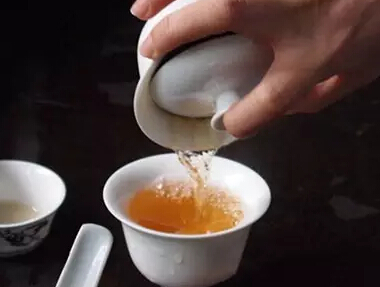
Tea saponin is a type of complex glycoside compound. It has a bitter and pungent taste, is difficult to dissolve in cold water, and has a slightly acidic pH value between 5.6 and 5.7. It has strong foaming power and is unaffected by water hardness, so teas with abundant foam generally have a richer flavor.
Glycoside compounds like tea saponin are widely found in the plant kingdom. For example, ginseng contains ginsenosides, which are antioxidants, while garlic and onions contain allyl disulfide compounds that can boost immunity and have anti-cancer effects.

What are the benefits of tea saponin in tea?
1. Tea saponin has anti-leakage and anti-inflammatory effects, which can help regulate blood sugar, lower cholesterol, prevent cardiovascular diseases, and relieve coughs and phlegm.
2. Tea saponin is not only a good surfactant but also has strong antibacterial properties, particularly against skin pathogens.
3. Tea saponin can both inhibit gastric emptying and promote stomach movement, playing a remarkable role in restoring the autonomous function of the gastrointestinal tract.